Animals
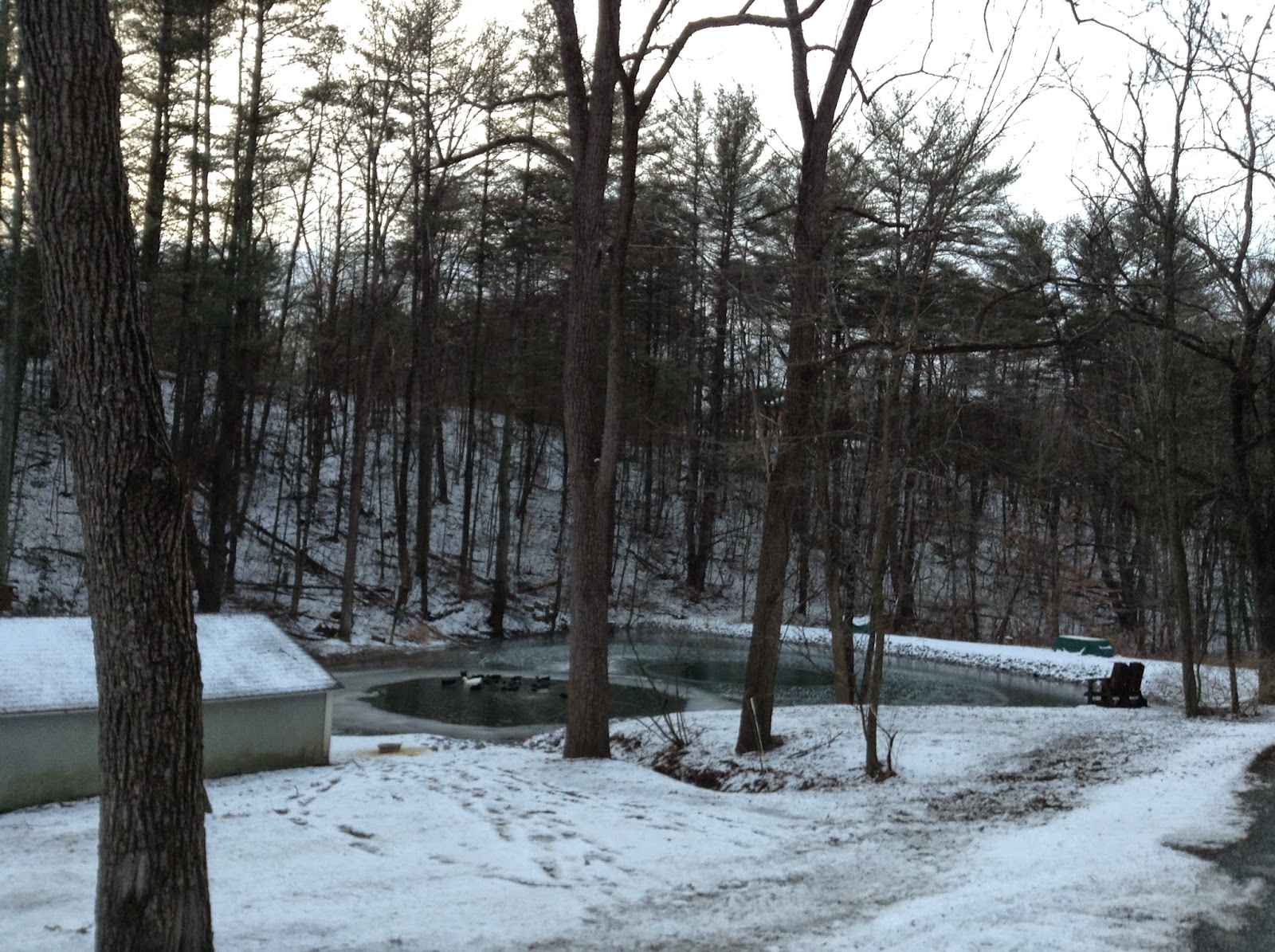
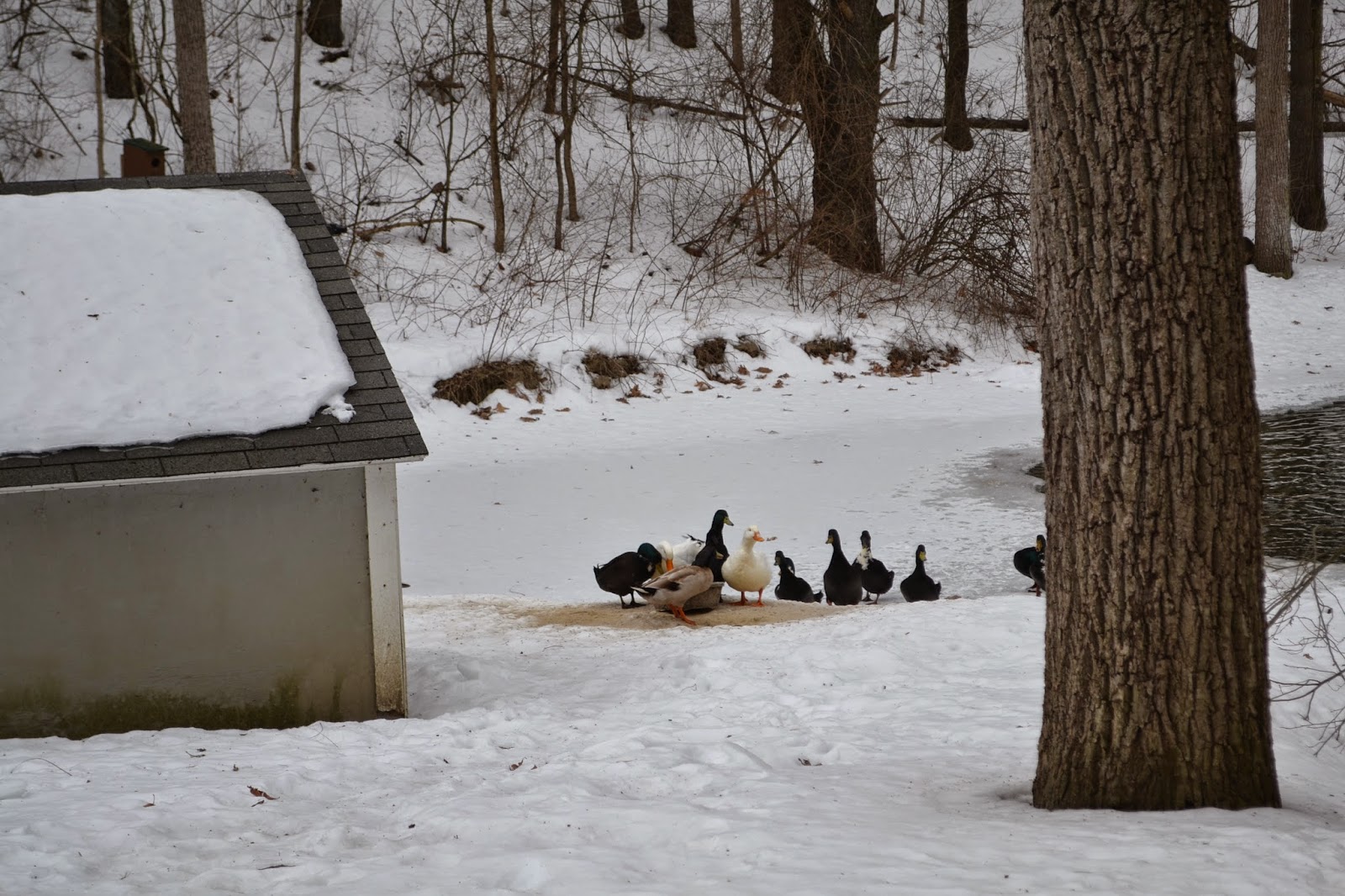
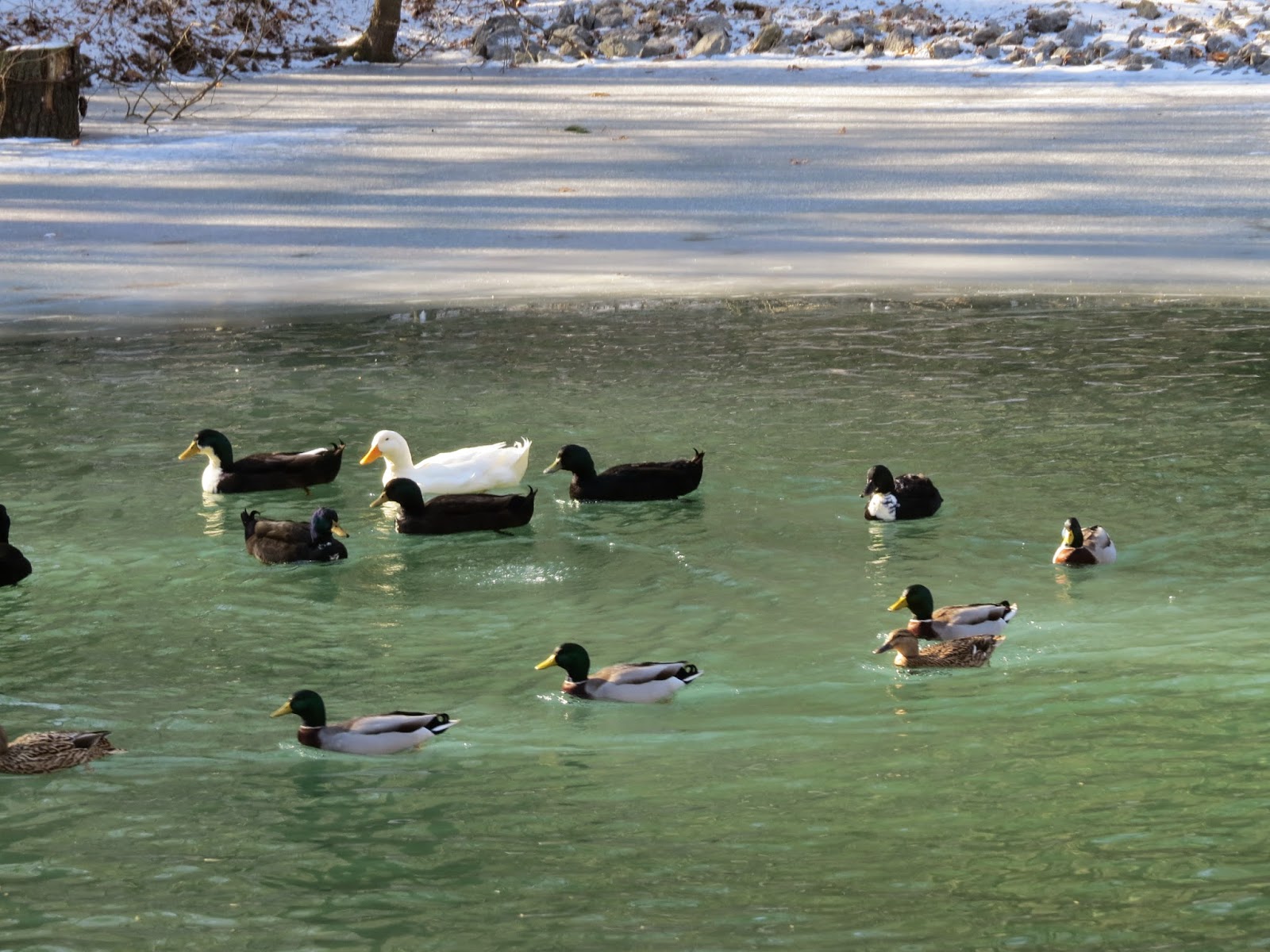
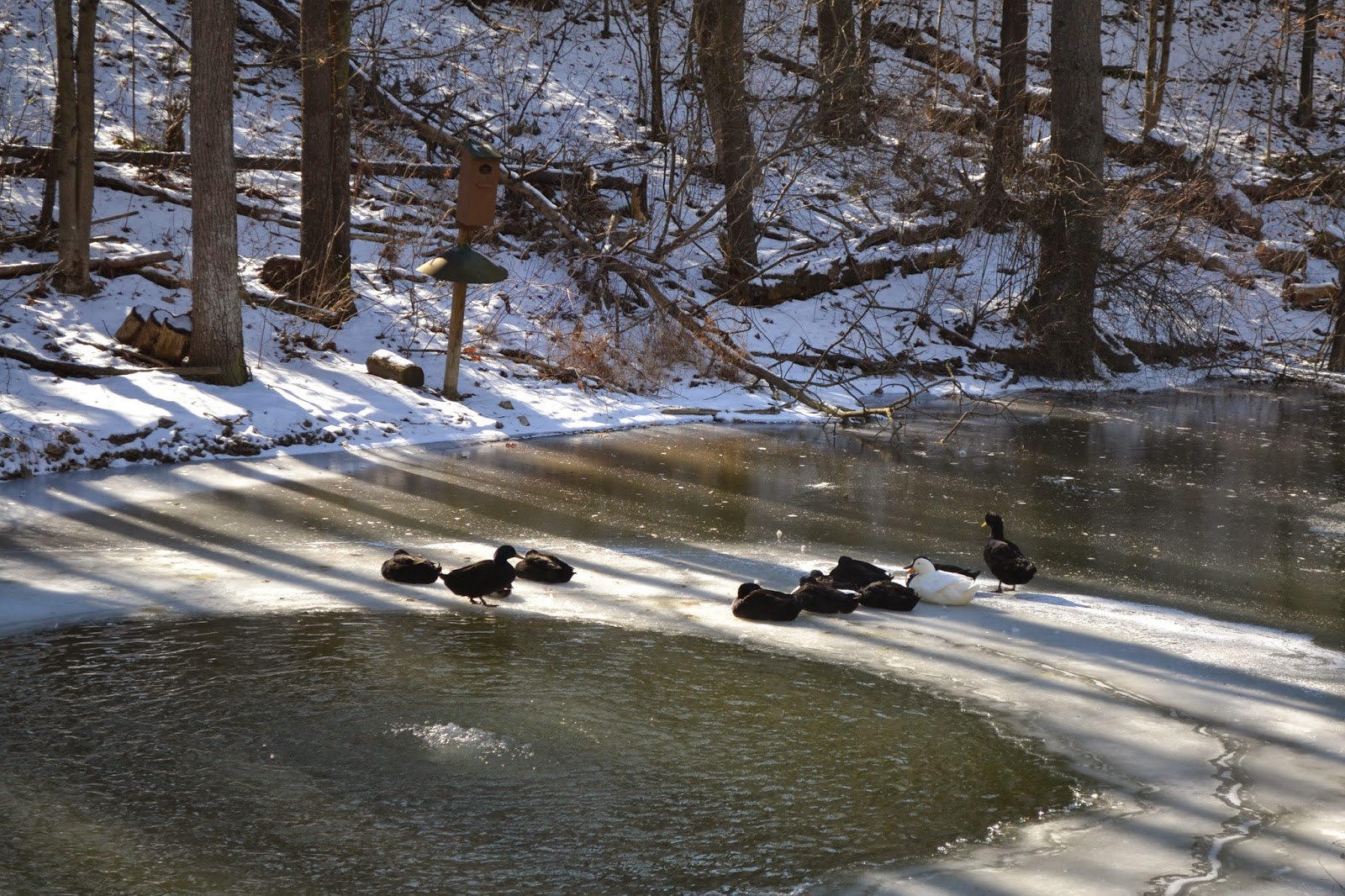
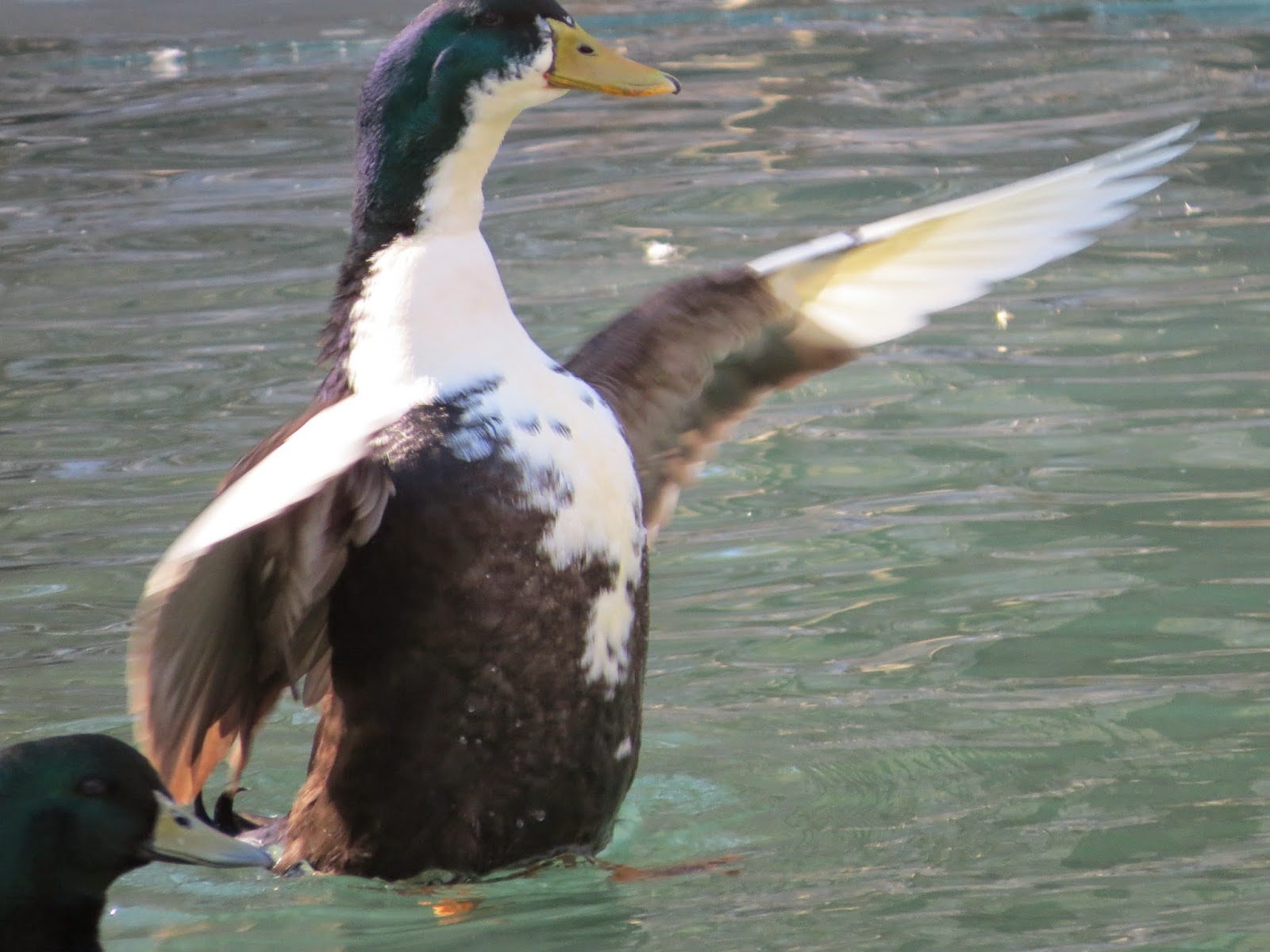
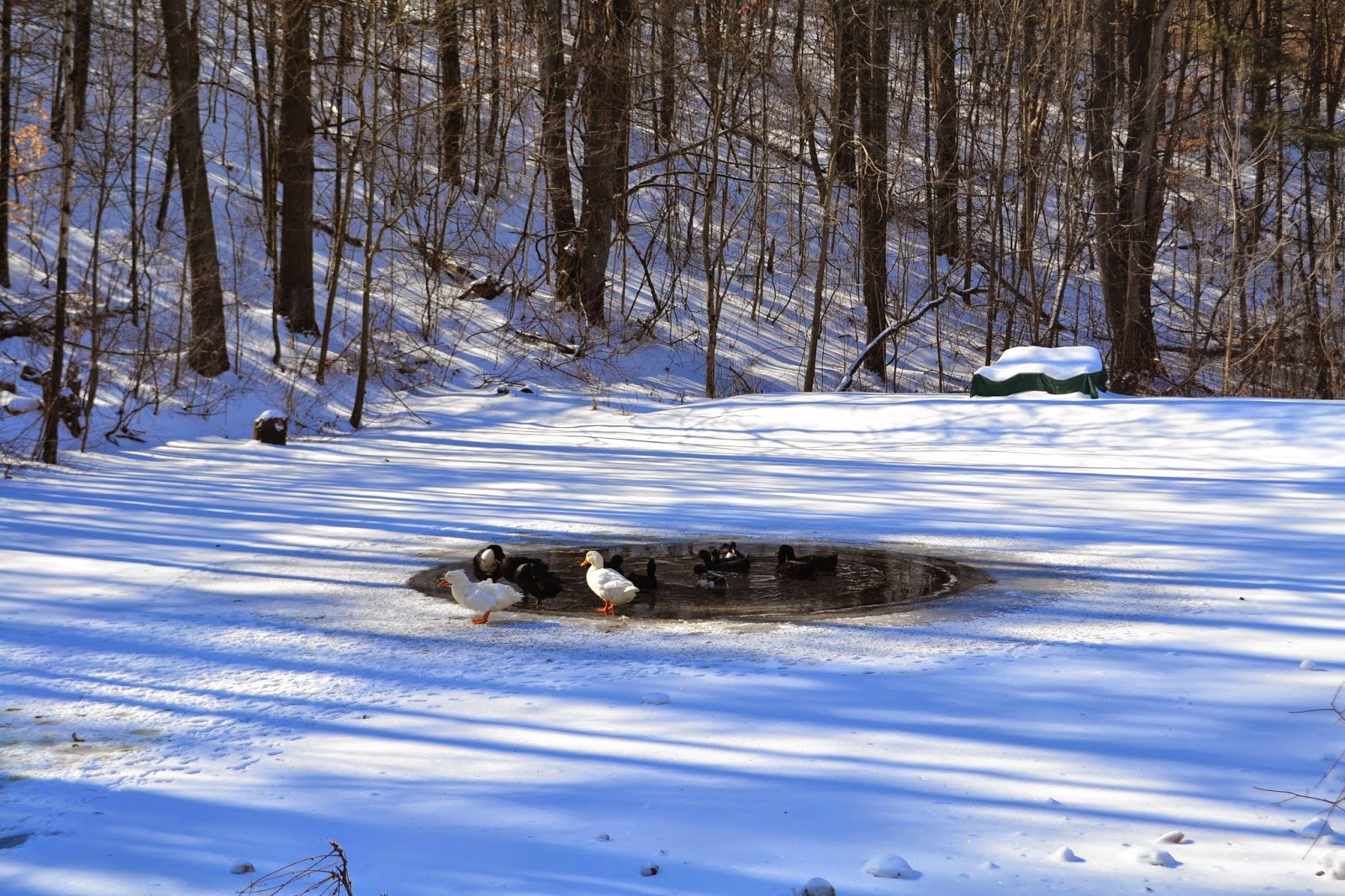
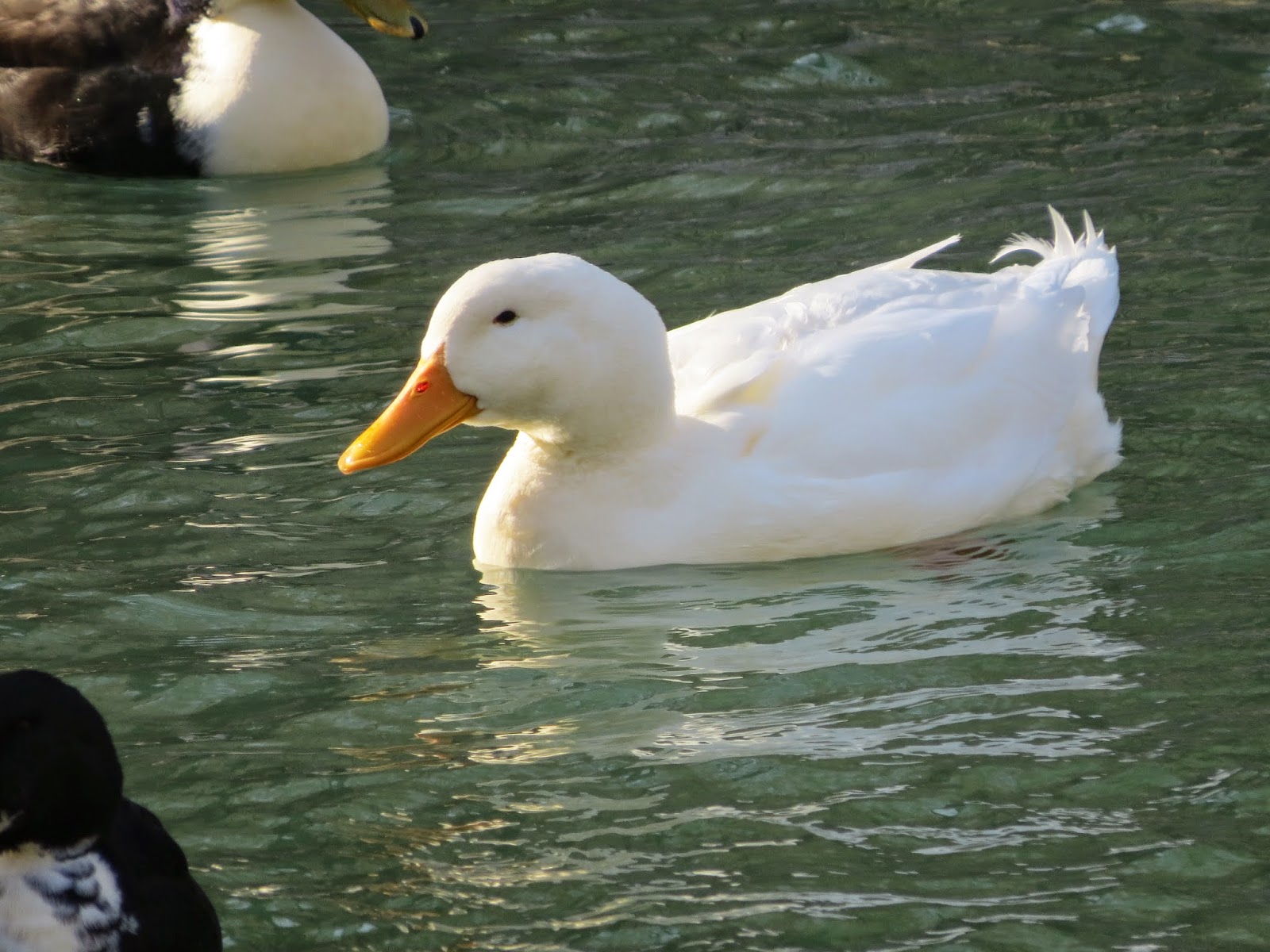
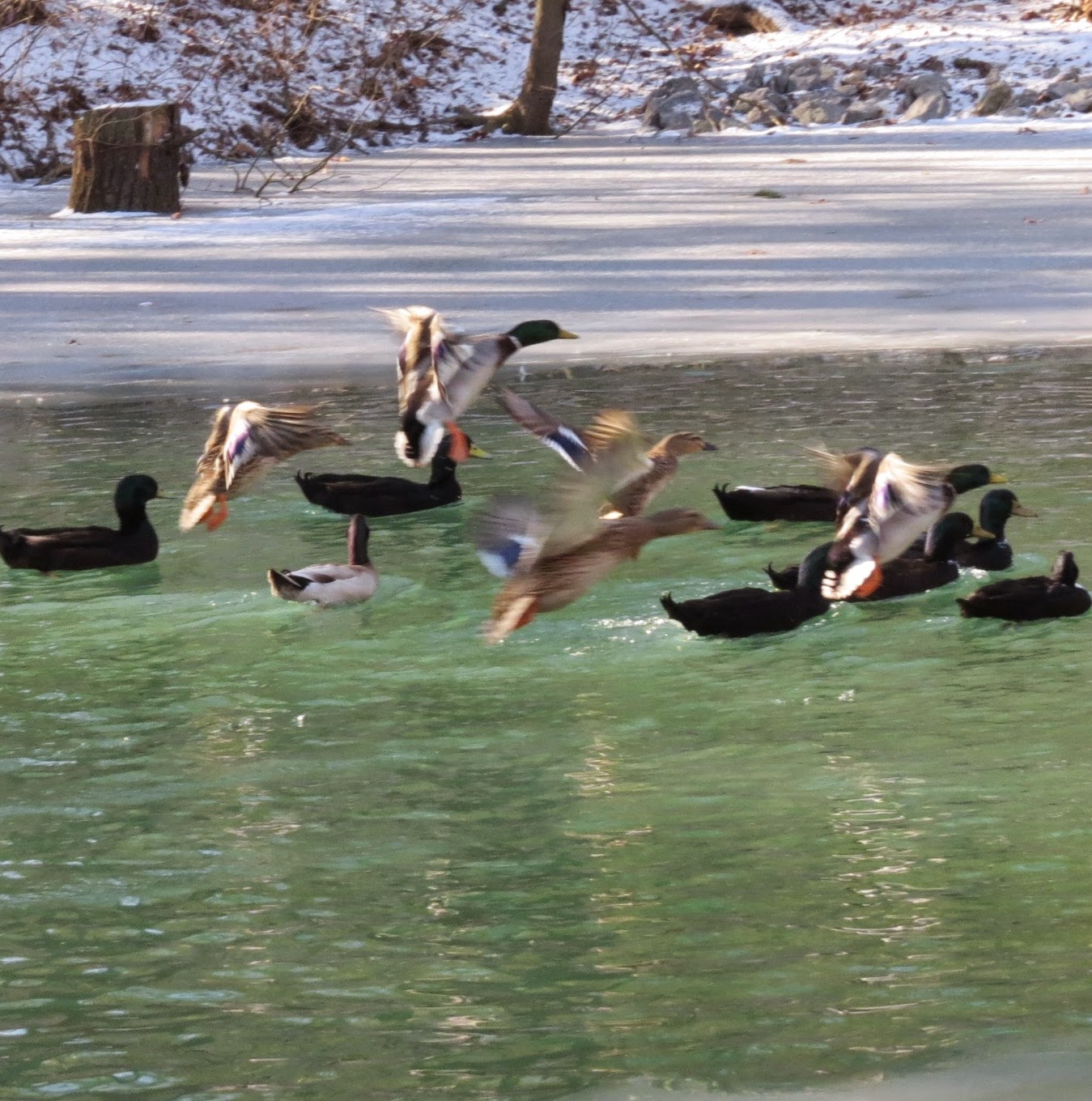
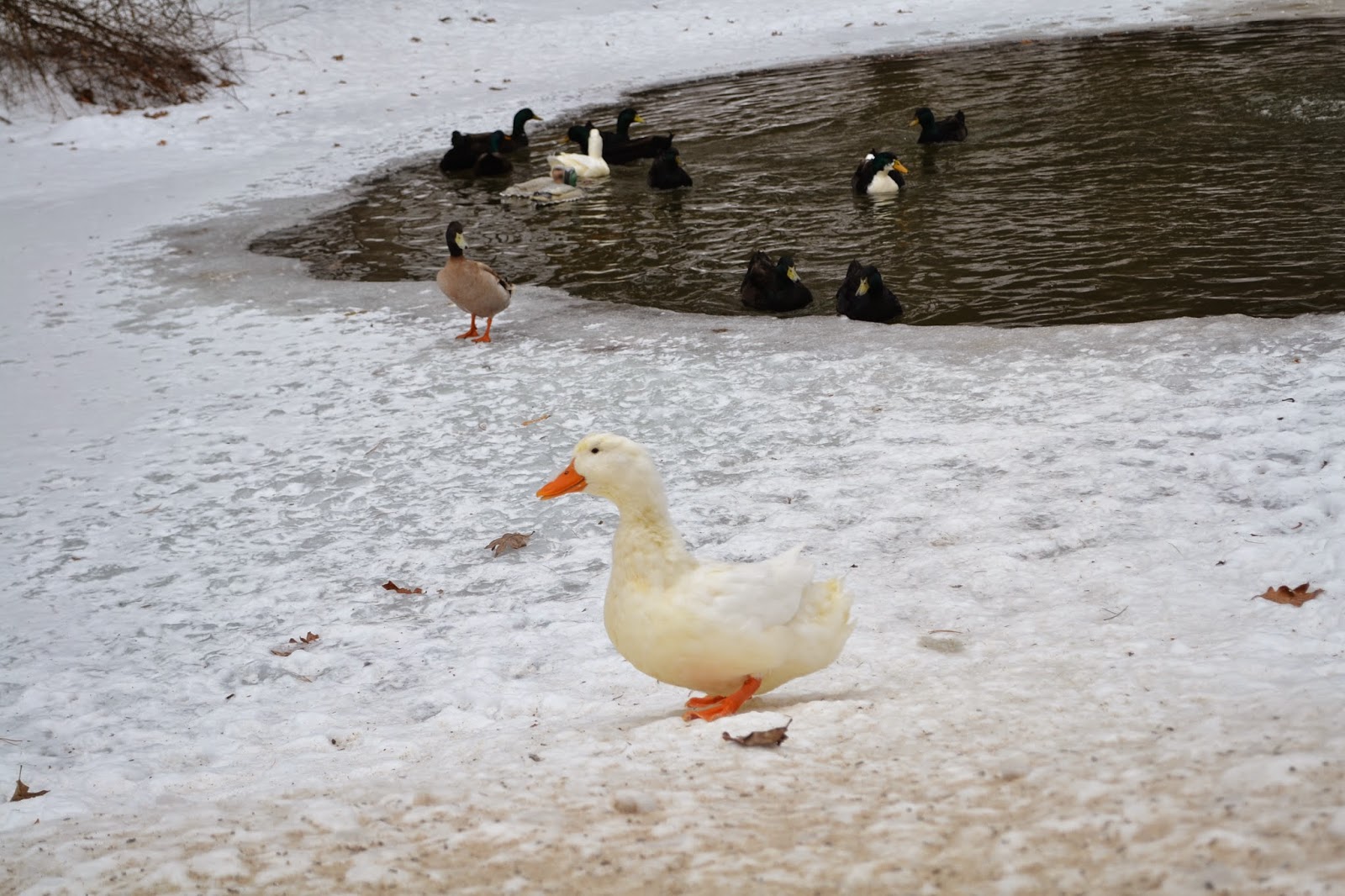
- Springtime Delicacies
One of the many things that we look forward to in the spring,is duck eggs.Every spring we find duck eggs along the bank of the pond on an almost daily basis. Not this spring, however...no... this spring there have been no...and will be no duck eggs....
- For The Love Of Salt
Every afternoon, a trip to the pond results in this find... four lovely duck eggs. We have come to love our duck eggs...available only in the spring. Our ducks are trying hard to increase their numbers,and daily I am thwarting their efforts. Our...
- In Memorium
It is with great sadness that we must report the following: Beulah May Duck was laid to rest last week.She died as a result of a "hit and run" incidentas she made her way on her daily jaunt to the creek down the road.(The perp...guilty of fowl play......
- Feeling Just Ducky
Is this a face that only a mother could love? Did my ducks mingle with a turkey?? Actually this duck is a Muscovy duck. He is one of three that were given to us by a friend. I should say he is one of three remaining Muscovies....a few perished at the...
- New Ducks On Their Way!!
Our poor flock of Campbell ducks has slowly dwindled down to just one lone duck. We have named her Methusela because she has lived the longest. I worry that she is lonely. We feed her daily and she spends her days happily swimming on the pond...often...
Animals
Do Ducks Get Cold Feet?
One of the things that I am so very thankful for
is the opportunity to observe nature on a daily basis.
I delight in the subtle daily changes in the world around me.
Each morning as I go about my chores, my first stop is at the duck pond.
Here I set out their day's worth of food.
This is the only thing that separates our ducks from those in the wild...
they do not have to find their own food.
And because they have lived their lives this way,
I will be responsible for feeding them their entire lives.
It's the one area in which they cannot fend for themselves.
What amazes me about these beautiful birds who call our pond home,
is their ability to adapt to whatever the weather might be...
continuing their daily routines through rain, snow, wind, heat, ice...
as if each day is the same.
I often see them sleeping on the ice and wonder if they mind the cold.
Do their little toes ache from contact with the ice?
Do they get frostbite?
Apparently they do not.
First of all, there are no muscles in their lower legs...no tissue
other than scales, bones and tendons.
What's special about ducks and some other birds is that the veins and arteries
in their legs form a net like structure...with veins and arteries lying in close proximity to each other.
The fact that the veins and arteries lie so close together allows for heat exchange between them.
The arteries supplying blood to the feet help to heat the blood as it returns from the feet through the veins back to the heart.
The cooler blood in the veins also helps to cool down the blood in the arteries as it flows towards the feet.
This causes the blood in the feet to be much cooler than the blood in the rest of the duck's body.
Because the feet are only slightly warmer than the ice, there is not much heat loss to the ice.
Have you ever noticed that ducks usually stand on the ice with only one foot at a time?
This serves to further decrease heat loss through the feet...reducing the amount of surface in contact with the ice to half.
The other foot is tucked up under the feathers... allowing it to warm.
As for the rest of the duck's body, it is kept warm by feathers and down which serve to trap
warmed air close to the duck's body.
Oil on the duck's feathers keeps the duck waterproof.
So, the reason that ducks' routines are the same all year long, no matter what the weather,
is due to the fact that they are perfectly adapted to withstand all types of weather.
I have said it before...
this world is amazing!
Every single inch of the natural world is filled with miraculous creatures.
Don't forget to check back tomorrow and see what our game cameras
caught this week as we take a Walk on the Wild Side!
- Springtime Delicacies
One of the many things that we look forward to in the spring,is duck eggs.Every spring we find duck eggs along the bank of the pond on an almost daily basis. Not this spring, however...no... this spring there have been no...and will be no duck eggs....
- For The Love Of Salt
Every afternoon, a trip to the pond results in this find... four lovely duck eggs. We have come to love our duck eggs...available only in the spring. Our ducks are trying hard to increase their numbers,and daily I am thwarting their efforts. Our...
- In Memorium
It is with great sadness that we must report the following: Beulah May Duck was laid to rest last week.She died as a result of a "hit and run" incidentas she made her way on her daily jaunt to the creek down the road.(The perp...guilty of fowl play......
- Feeling Just Ducky
Is this a face that only a mother could love? Did my ducks mingle with a turkey?? Actually this duck is a Muscovy duck. He is one of three that were given to us by a friend. I should say he is one of three remaining Muscovies....a few perished at the...
- New Ducks On Their Way!!
Our poor flock of Campbell ducks has slowly dwindled down to just one lone duck. We have named her Methusela because she has lived the longest. I worry that she is lonely. We feed her daily and she spends her days happily swimming on the pond...often...
